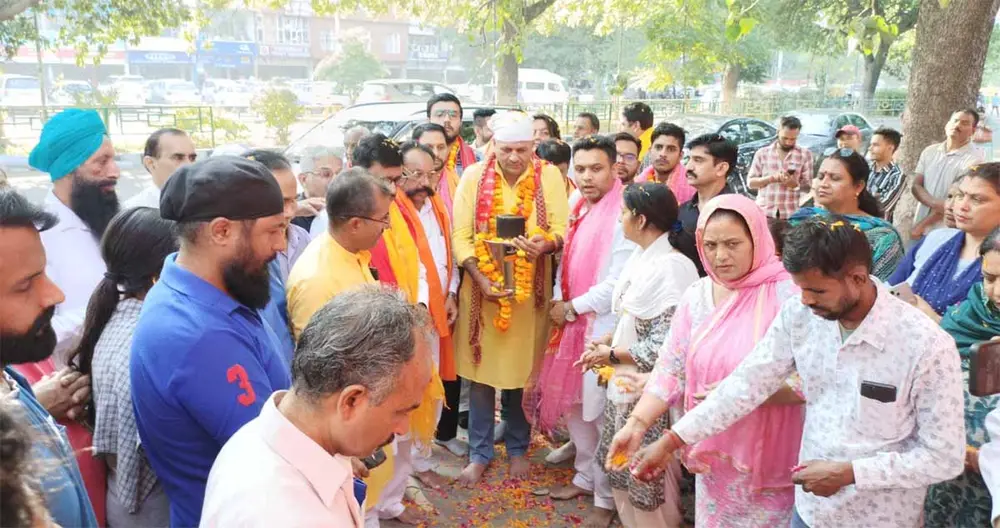
On the arrival of Lord Valmiki Shri Ram Tirtha Jyoti in Mohali, the Ramlila Committee received a warm welcome
SAS Nagar, October 14-Bhagwan Valmiki Shri Ram Tirtha Jyoti Yatra arrived in Chandigarh Mohali from Amritsar and was welcomed by various Ramlila committees, Maa Annapurna Seva Samiti and other social organizations led by Shri Ramesh Dutt, chairman of Shri Ganesh Mahotsav Samiti Mohali.
SAS Nagar, October 14-Bhagwan Valmiki Shri Ram Tirtha Jyoti Yatra arrived in Chandigarh Mohali from Amritsar and was welcomed by various Ramlila committees, Maa Annapurna Seva Samiti and other social organizations led by Shri Ramesh Dutt, chairman of Shri Ganesh Mahotsav Samiti Mohali.
Speaking on the occasion, Ramesh Dutt, Chairman, Shri Ganesh Mahotsav Committee, Mohali, said that Akhand Jyoti Yatra has been taken out to save the society arising from Shri Amritsar (where Lord Shri Valmiki ji was born), the Holy Land of gurus and gurus. He said that this flame has been brought from the penance site and various Ram Leela committees across Punjab have been provided with an unbroken flame, which will be kept in their Ram Leela with great vigour and will also be worshipped in memory of Lord Valmiki Ji.
Shree Durga Puja Samiti Shahimajra patron Puneet Sharma, Ramesh Verma, Jatinder Verma and Deepak were present on the occasion. Has been brought. He said that the main objective of Jyoti Yatra is to create harmony in the society, eliminate caste-based gaps and provide hospitality to all in Sanatan Dharma. He said that with the grace of Lord Valmiki, the creator of the universe, the idea came to the minds of saints, great men and great men that Leelas of Lord Shri Ram are being staged every year in the society, and if we have been able to know it, it is thanks to Lord Valmiki.
He said that Lord Valmiki ji told us the story of Rama in the form of Shri Ramayana. It is said that he composed the Ramayana 10,000 years before the birth of Shri Ram, so the main reason for glorifying Lord Ram is Lord Valmiki and staging Shri Ram Leela with the blessings of Lord Valmiki becomes the first duty of Shri Ram devotees.
The group representatives of Ramlila committees were specially felicitated on the occasion by Ramesh Dutt and his entire team. Among others present on the occasion were Bal Kishan Sharma, Gurbakhsh Singh, Anita Joshi, shishpal, Dinesh Chand, Jatinder Bansal and others.
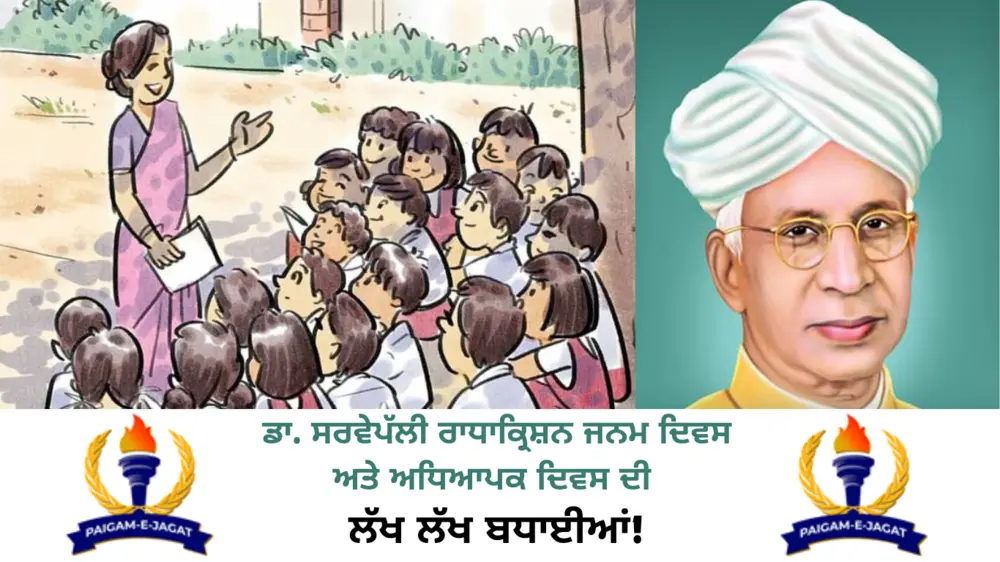
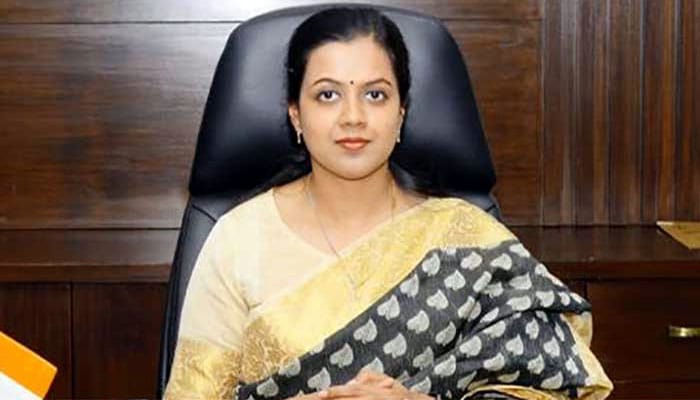

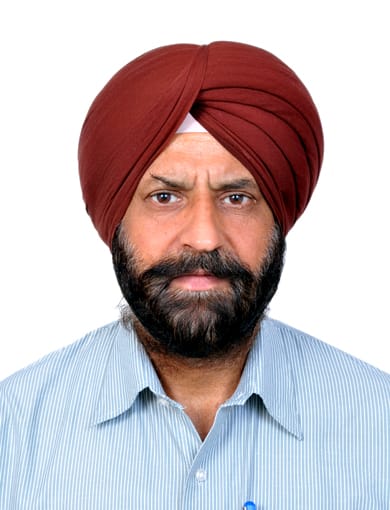

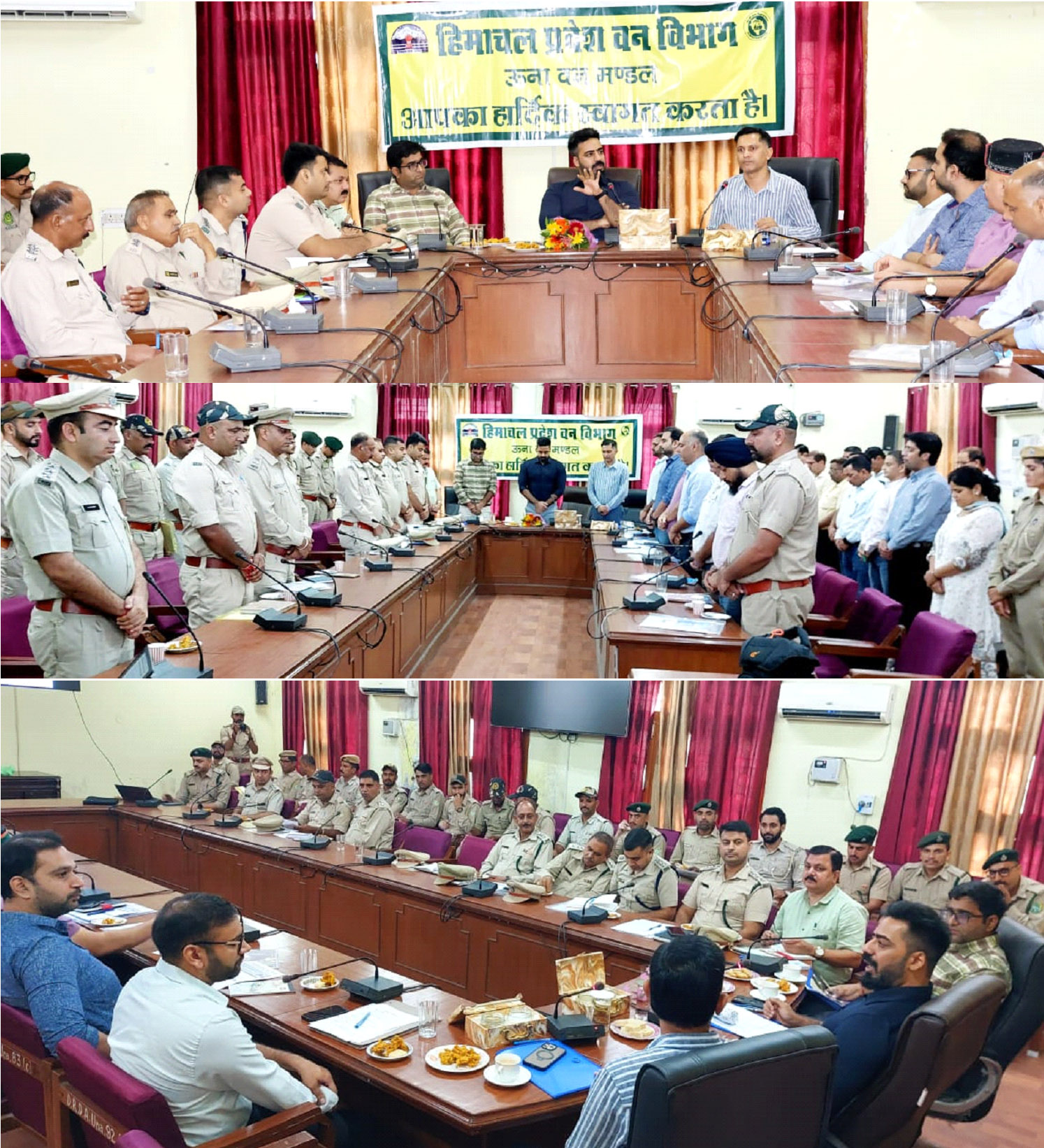
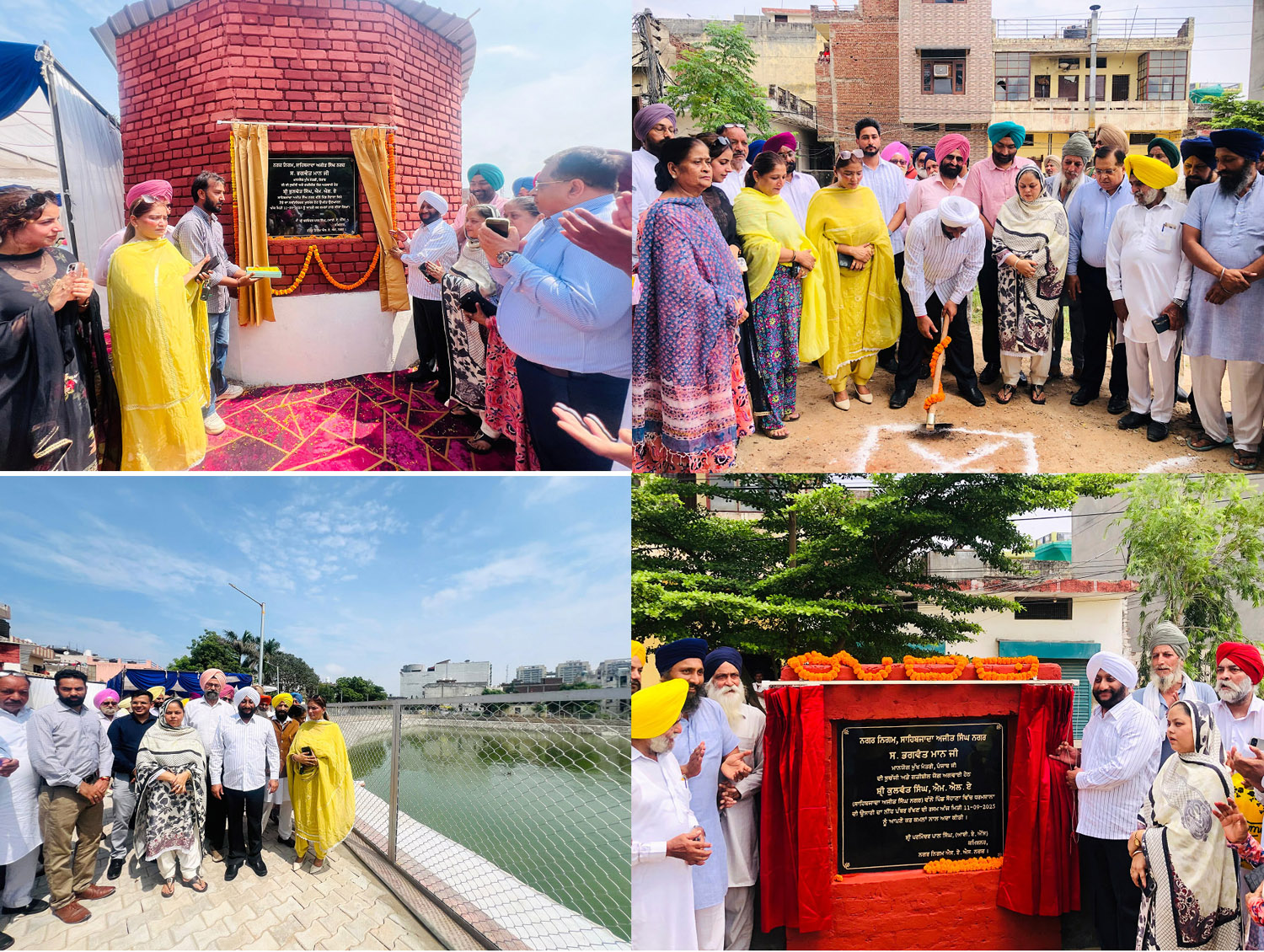
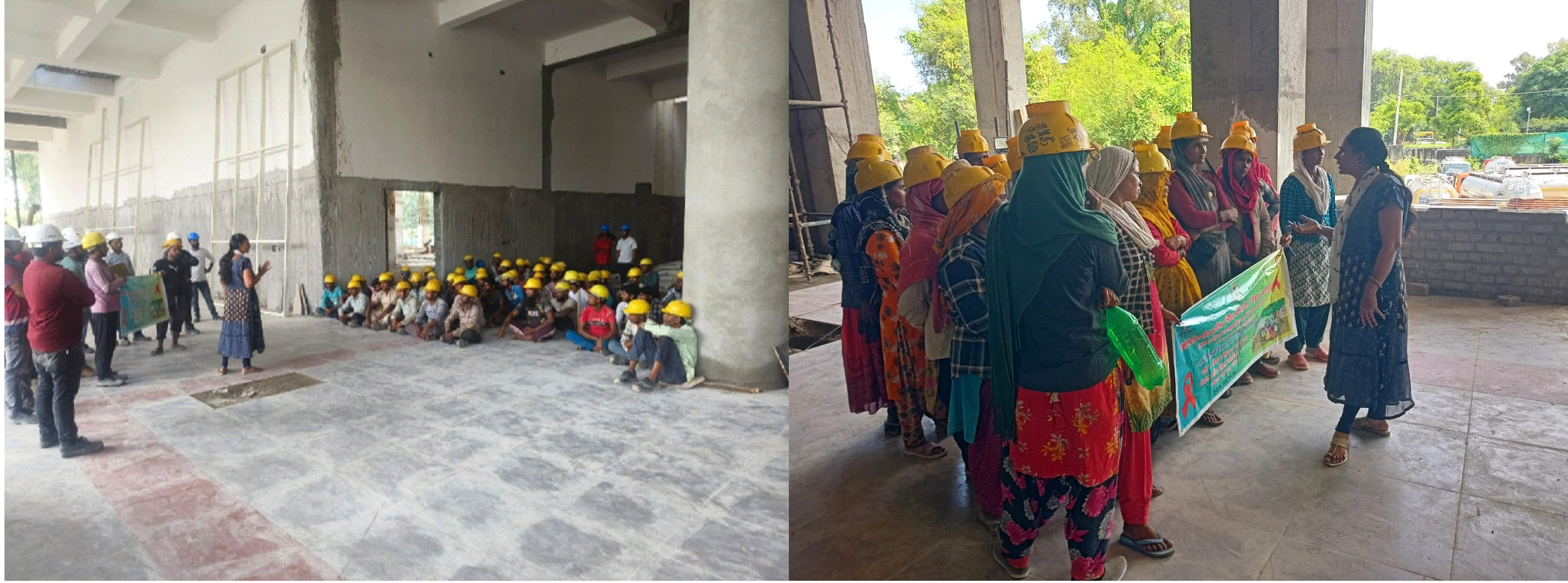
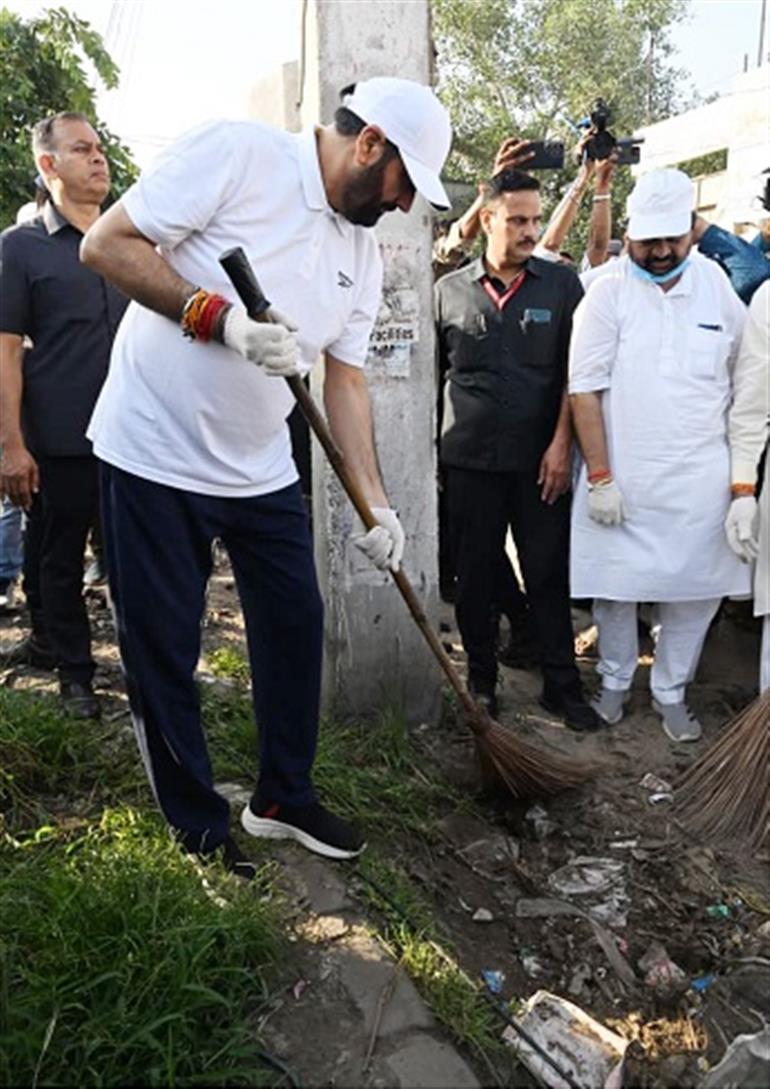
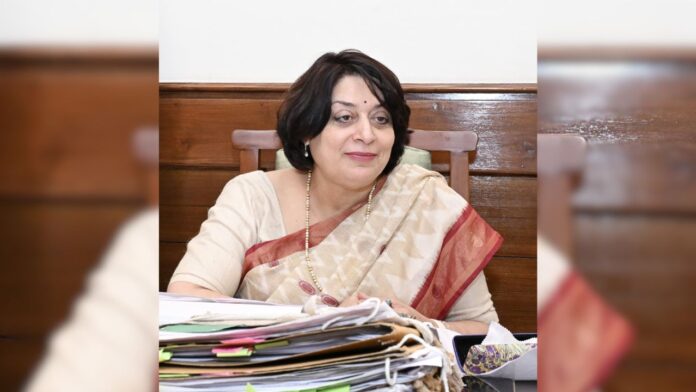
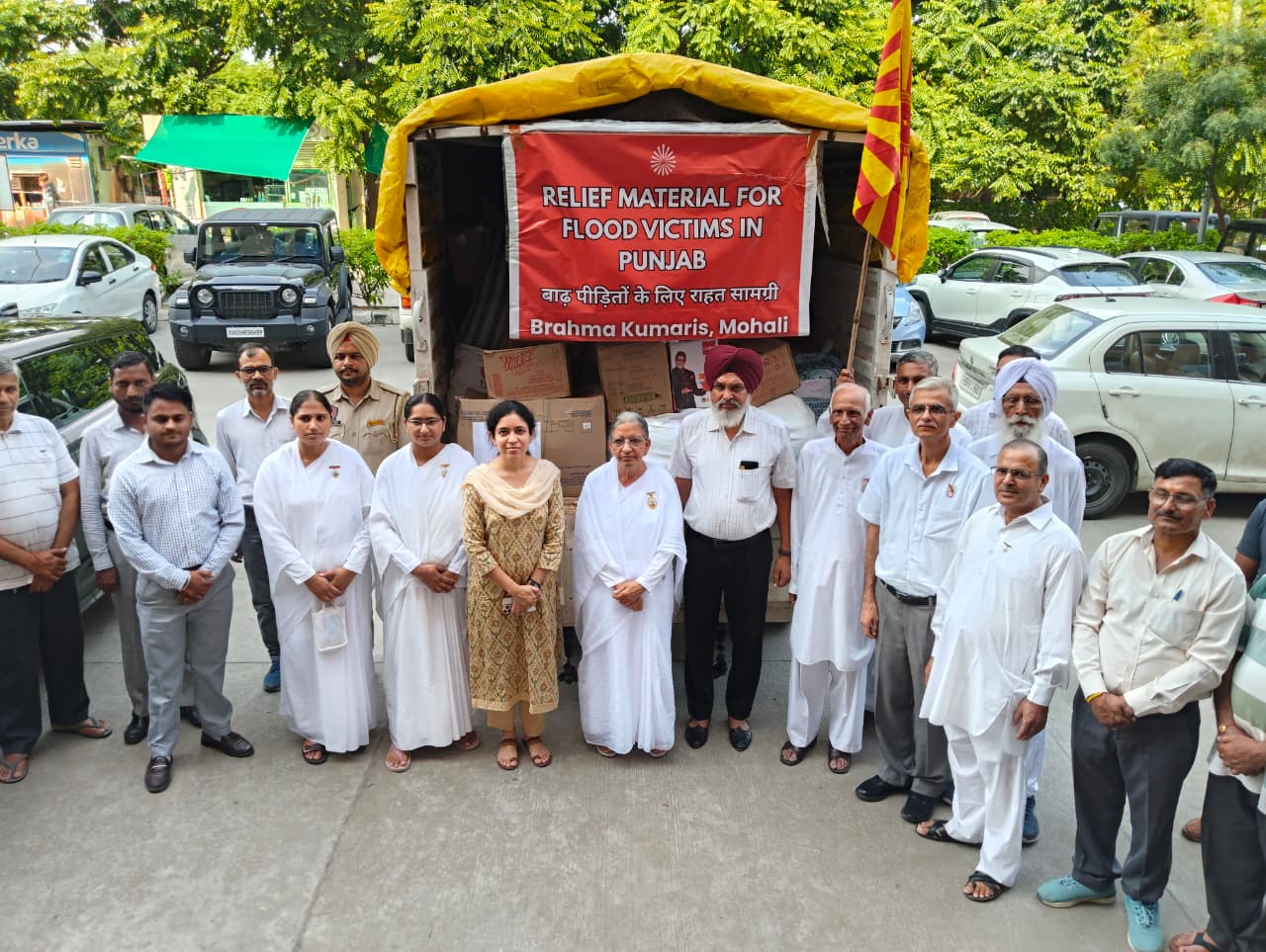

.webp)

